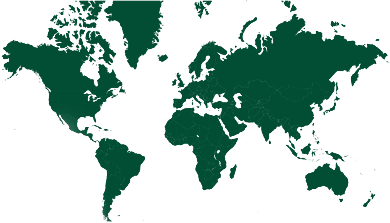Guidelines and manuals Training materials
2019 • FAO On-Farm Practices for the Safe Use of Wastewater in Urban and Peri-Urban Horticulture
This handbook is designed for Farmer Field Schools (FFS) in Sub-Saharan Africa, providing practical training on safe wastewater use in urban and peri-urban horticulture. It covers contamination risks, health protection strategies, and monitoring techniques. The guide supports farmers, extension officers, and trainers by introducing low-cost, low-tech methods to reduce health risks associated with wastewater irrigation. It emphasizes participatory learning and farmer-to-farmer knowledge sharing, making it a valuable resource for both individual farmers and community-based agricultural projects.
Recovered Materials & Products
Nutrients
Fertilizer
Water
Waste Streams
Wastewater
Confirmed countries
United States of America Germany



What is this tool intended for?
The handbook aims to educate farmers and agricultural trainers on safe wastewater irrigation practices, minimizing health risks while maximizing the benefits of nutrient-rich wastewater in urban and peri-urban vegetable farming.
How does this tool work?
The guide provides step-by-step instructions for identifying contamination risks, implementing health protection measures, and monitoring farm practices. It employs a participatory Farmer Field School approach, using interactive exercises, on-farm demonstrations, and farmer-to-farmer training methods to encourage learning and adoption of best practices.
Who might use this tool and with which types of stakeholders?
- Farmers and Agricultural Cooperatives: To apply safe wastewater irrigation practices.
- Extension Officers and Trainers: For training and capacity building in agricultural communities.
- NGOs and Development Organizations: Working on food security, water management, and public health in urban agriculture
What stages of a process can this tool support?
- Planning: Identifying contamination risks from waste water irrigation and selecting appropriate risk-reduction strategies.
- Implementation: Applying practical on-farm methods such as safe irrigation techniques and personal protective measures.
- Monitoring and Evaluation: Tracking health risk reduction measures and the effectiveness of implemented practices through participatory methods.
Where can this tool be used?
This guide is primarily designed for urban and peri-urban horticulturein Sub-Saharan Africa, but its practices can be adapted globally wherever wastewater is used in agriculture, especially in low-resource settings with limited access to clean water.
Technologies
Themes
Design
Monitoring, Evaluation and Learning
Policy and regulation